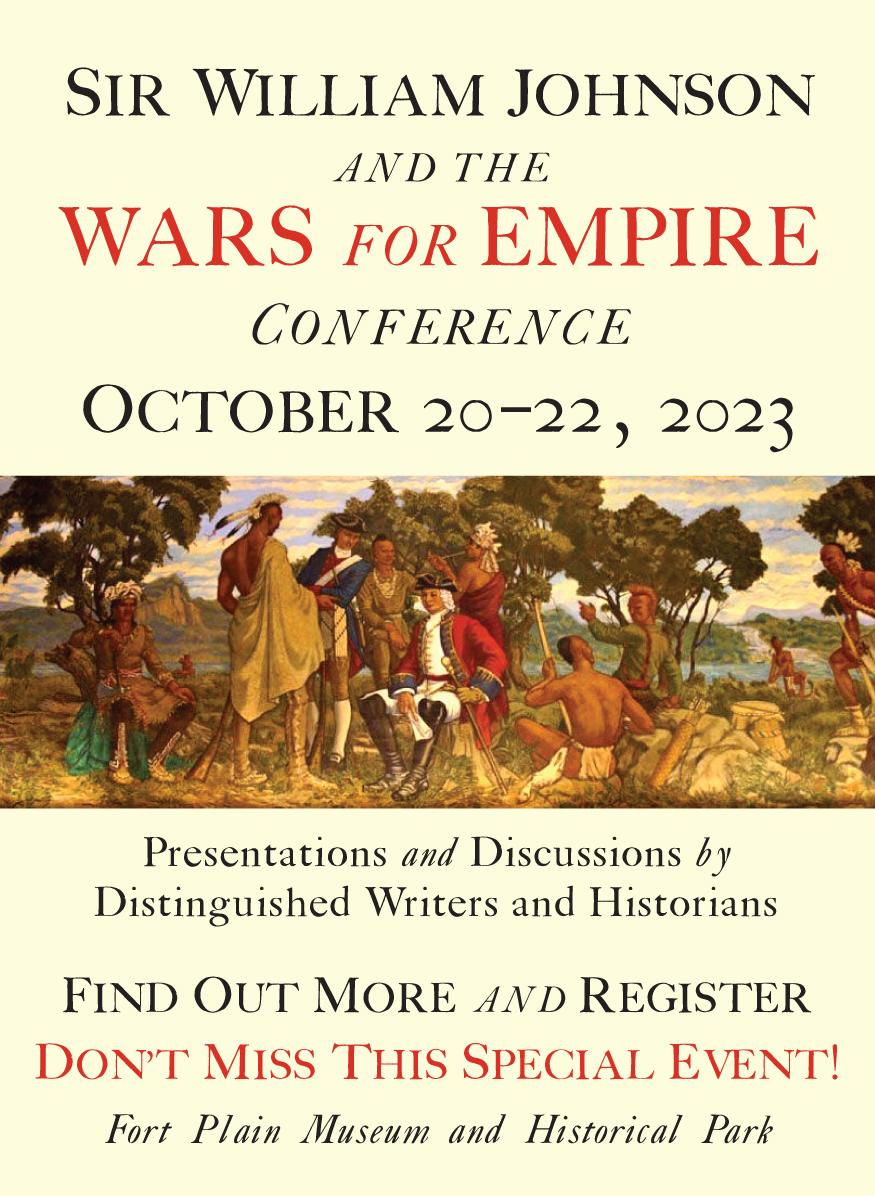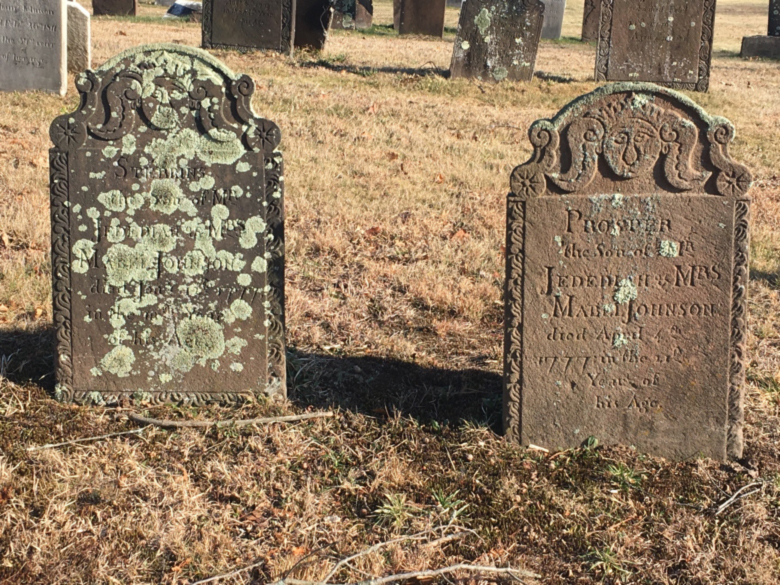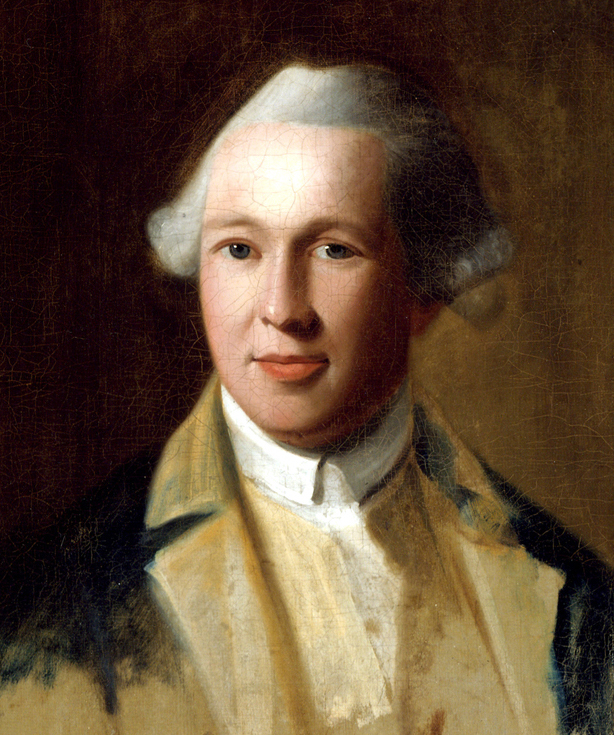The summer of 1774 was eventful for the colonists of British North America. News of Parliament’s harsh measures against Massachusetts, and particularly Boston, for the destruction of East India tea back in December 1773, produced much anxiety and sympathy for the Bostonians from their fellow colonists. Many agreed with Edmund Pendleton, a moderate member of Virginia’s House of Burgesses who, upon learning that Boston Harbor was to be closed and the city occupied by British troops, declared that
Tho’ it should be granted that the Bostonians did wrong in destroying the tea, yet the Parliament giving Judgement and sending ships and troops to [punish the entire city] in a case of Private property is [an] Attack upon constitutional Rights, of which we could not remain Idle Spectators…..1
The call for a strong, unified colonial response to Parliament’s oppressive measures against Massachusetts (dubbed the Intolerable Acts) spread quickly. Colonial leaders agreed to send representatives to Philadelphia in September to discuss and adopt just such a unified response. The 1st Continental Congress formally convened on September 5th, not in the Pennsylvania capitol building, (known today as Independence Hall) but in nearby Carpenter’s Hall. This recently constructed building was much smaller than the capitol and the delegates found themselves in very close quarters with each other, but they were determined to deliberate without any meddling from the conservative Pennsylvania Assembly, something that would be impossible to avoid if they met in Pennsylvania’s capitol building.
Although Massachusetts was at the center of the dispute with Britain, the delegates in Philadelphia chose Peyton Randolph, Virginia’s Speaker of the House of Burgesses, to preside over the Congress. Randolph was a political moderate from Williamsburg, universally esteemed by Virginians, and his selection garnered good will among the southern delegates.
The delegates followed Randolph’s selection as President of the Congress with a debate over voting procedures. Patrick Henry proposed that colonies with larger populations be allotted more votes in Congress than the less populated colonies. A delegate from Rhode Island countered that since every colony was prepared to sacrifice and suffer equally in the dispute with Great Britain, the colonies should have an equal voice in Congress.2 The issue was settled when the delegates realized that they had no reliable information to accurately determine the population size of the thirteen colonies. They decided that the only practical solution was to give each colony one vote in the Congress.
Once the procedural matters were settled, the delegates tackled the main issue, a unified response to the Intolerable Acts. Patrick Henry set the benchmark for colonial unity when he boldly proclaimed:
The Distinctions between Virginians, Pennsylvanians, New Yorkers, and New Englanders, are no more. I am not a Virginian, but an American!3
The Massachusetts delegates were undoubtedly pleased by Henry’s display of unity. It remained to be seen whether the rest of the congress shared his view.
A week of deliberations provided John Adams with the answer. He informed his wife in mid-September that
Congress will, to all present Appearance, be well united…A Tory here is the most despicable Animal…The Spirit, the Firmness, the Prudence of [Massachusetts] are vastly applauded and We are universally acknowledged the Saviours and Defenders of American Liberty.4
Congress Rejects Militant Measures
Such strong support for Massachusetts convinced John Adams to draft a resolution on September 30th that went beyond punitive economic measures against Britain. Adams believed it was time to better organize the colonial militias. His resolution
Recommended to all the Colonies, to establish by Provincial Laws, where it can be done, a regular well furnished, and disciplined Militia, and where it cannot be done by Law, by voluntary Associations, and private Agreements.5
Richard Henry Lee proposed a similar measure on October 3rd and claimed that
Since it is quite unreasonable that the Mother Country should be at the expence of maintaining Standing Armies in North America for its defence and [so the Ministry] may be convinced that it is unnecessary and improper as North America is able, willing, and under Providence determined to Protect Defend and Secure itself, The Congress do most earnestly recommend it to the several Colonies that a Militia be forthwith appointed and well disciplined and that they be well provided with Ammunition and Proper Arms.6
Although all of the delegates in Philadelphia were united in their opposition to the Intolerable Acts, the debate that ensued in early October over the proposed militia resolutions of Adams and Lee revealed that Congress differed significantly on how to respond to Parliament’s crackdown on Boston.
Opponents of Adams’s and Lee’s resolutions called the resolutions nothing short of a declaration of war that undermined the true purpose of the Continental Congress, which was to adopt the best means to affect reconciliation with Britain.7 Virginian Benjamin Harrison contended that the resolutions of Mr. Adams and Mr. Lee, “will tend only to irritate whereas Our Business is to reconcile.”8 Harrison and the other opponents preferred trade restrictions on British imports (and possibly colonial exports to Britain) that would impact British manufacturers and spur them to pressure Parliament to resolve the dispute peacefully.
Proponents of the militia resolutions, however, like Patrick Henry, argued that
A preparation for Warr is necessary to obtain peace — America is not Now in a State of peace…all of the Bulwarks of Our Safety, of Our Constitution are thrown down, [and] We are Now in a State of Nature. We ought to ask Ourselves the Question should the plans of [non-exportation and non-importation] fail of success – in that Case Arms are Necessary, & if then, it is Necessary Now. 9
Henry went on to assert that
Arms are a Resource to which We shall be forced, a Resource afforded Us by God & Nature, & why in the Name of both are We to hesitate providing them Now whilst in Our power.10
For a majority of the delegates who still preferred to think in terms of a peaceful reconciliation, Henry’s assertions were disturbing and his recommended course of action dangerous. As a result, the proposals to encourage each colony to strengthen its militia were defeated and much to the chagrin of Adams, Lee, Henry, and a few other delegates, Congress shifted its attention solely to economic measures against Britain.
Disappointed by the refusal of Congress to support measures to strengthen the colonial militias, John Adams became decidedly less confident about the effectiveness of the assembly and complained to his wife in mid-October that
I am wearied to Death with the Life I lead. The Business of the Congress is tedious, beyond Expression. This Assembly is like no other that ever existed. Every Man in it is a great Man – an orator, a Critick, a statesman, and therefore every Man upon every Question must shew his oratory, his criticism and his Political Abilities. The Consequence of this is, that Business is drawn and spun out to an immeasurable Length. I believe if it was moved and seconded that We should come to a Resolution that Three and two make five, We should be entertained with Logick and Rhetorick, Law, History, Politicks and Mathematicks, concerning the Subject for two whole Days, and then We should pass a Resolution unanimously in the Affirmative.11
Two more weeks passed before the delegates finally agreed on a course of action. A boycott of British goods and the discontinuation of the slave trade were approved for December 1st, 1774. If Parliament persisted with the oppressive Intolerable Acts against Massachusetts, a ban on all colonial exports to Britain would follow on September 1st, 1775. Congress also called on the American colonists to be more frugal and industrious and to avoid extravagant activities like horse-racing, gambling, plays, and dances. Committees were authorized in every county, city, and town to enforce these provisions.12
After two months of debate, the 1st Continental Congress had drafted a unified but measured ultimatum demanding that Parliament either end its oppressive measures against Massachusetts or suffer the economic consequences. Given the diversity of opinion in the colonies and among the delegates on how to support Massachusetts in 1774, Congress’s non-importation and non-exportation agreement was likely the strongest measure the delegates could produce. Unfortunately, events would soon demonstrate the ineffectiveness of these measures and the need for much stronger ones.
[FEATURED IMAGE AT TOP: A mural by Allyn Cox depicting an oration by Patrick Henry in Carpenters’ Hall. Left: A colonist is shown making a tax payment. Taxation without representation was a major complaint against the royal government. Right: A soldier blocks the path of a woman and child, symbolizing the armed occupation that incensed many colonists. Source: Architect of the Capitol]
1 David John Mays, ed., “Edmund Pendleton to Joseph Chew, 20 June, 1774,” The Letters and Papers of Edmund Pendleton, Vol. 1(Charlottesville: University Press of Virginia, 1967), 93.
2 Paul H. Smith, ed., “James Duane’s Notes on the Debates, 6 September, 1774,” Letters of Delegates to Congress, Vol. 1, (Washington, D.C.: Library ofCongress, 1976), 30-31.
3 Mays, 28.
4 Smith, “John Adams to Abigail Adams, 14 September, 1774,” The Letters of Delegates to Congress, Vol. 1, 69-70.
5 Smith, “John Adams Proposed Resolutions, 1 October, 1774,” The Letters of Delegates to Congress, Vol. 1, 132.
6 Smith, “Richard Henry Lee’s Proposed Resolutions, 1 October, 1774,” The Letters of Delegates to Congress, Vol. 1, 140.
7 Smith, “Silas Deane’s Diary,”, 3 October, 1774,” The Letters of Delegates to Congress, Vol. 1, 138.
8Smith, 139.
9 Smith, 139.
10 Smith, 139.
11 Smith, “John Adams to Abigail Adams, 9 October, 1774,” Letters of Delegates to Congress, Vol. 1, 164
12 Journal of Continental Congress, 20 October, 1774, 75-80. Accessed via the Library of Congress website at www.loc.gov .














One thought on “The First Continental Congress Responds to the Intolerable Acts”
I very much enjoyed reading this article! Mr. Cecere presented his topic in a very eloquent manner that brought to life the mindset of the people and the politics of the time. I shared this on my facebook and hope my friends enjoy it as well.